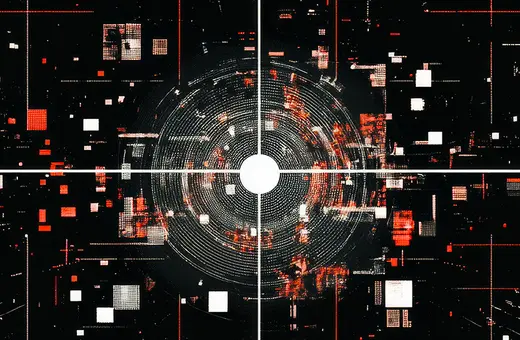2021 marks the 10-year anniversary of NATO’s violent intervention in Libya and the assassination of Muammar Gaddafi. As was suspected at the time - and was later shown in the published emails of Hilary Clinton - NATO acted to prevent Gaddafi founding an African central bank with its own gold-backed currency. That institution would have challenged the power of the dollar and finally allowed Africa to escape its colonial shackles, writes Ellen Brown.
It was thanks to the 2016 publication of Hillary Clinton's emails that the reason behind NATO’s entry into Libya was revealed. It was to prevent the creation of an independent hard currency in Africa that would free the continent from its economic bondage under the dollar, the IMF and the French African franc. That hard currency would have allowed Africa to shake off the last heavy chains of colonial exploitation.
The brief visit of then-Secretary of State Hillary Clinton to Libya in October 2011 was referred to by the media as a "victory lap."
"We came, we saw, he died!" she crowed in a CBS video interview on hearing of the capture and brutal murder of Libyan leader Muammar el-Qaddafi.
But the victory lap, wrote Scott Shane and Jo Becker in the New York Times, was premature. Libya was relegated to the back burner by the State Department, "as the country dissolved into chaos, leading to a civil war that would destabilize the region, fueling the refugee crisis in Europe and allowing the Islamic State to establish a Libyan haven that the United States is now desperately trying to contain."
US-NATO intervention was allegedly undertaken on humanitarian grounds, after reports of mass atrocities under Gadaffi; but human rights organizations questioned the claims after finding a lack of evidence. In the years that followed, however, verifiable atrocities occurred.
___
The creation of an independent hard currency in Africa would have allowed Africa to shake off the last heavy chains of colonial exploitation.
___
As Dan Kovalik wrote in the Huffington Post, "the human rights situation in Libya is a disaster, as 'thousands of detainees [including children] languish in prisons without proper judicial review,' and 'kidnappings and targeted killings are rampant'."
Before 2011, Libya had achieved economic independence, with its own water, its own food, its own oil, its own money, and its own state-owned bank. It had arisen under Gaddafi from one of the poorest of countries to the richest in Africa.
Education and medical treatment were free; having a home was considered a human right; and Libyans participated in an original system of local democracy. The country boasted the world's largest irrigation system, the Great Man-made River project, which brought water from the desert to the cities and coastal areas; and Gaddafi was embarking on a program to spread this model throughout Africa.
But that was before US-NATO forces bombed the irrigation system and wreaked havoc on the country. During the term of President Obama, the situation on the ground in Libya was so bad that he asked his advisors to draw up options including a new military front in Libya. The Defense Department was reportedly standing ready with "the full spectrum of military operations required."
The Secretary of State's victory lap was indeed premature, if what we're talking about is the officially stated goal of humanitarian intervention. But Clinton’s emails revealed another agenda behind the Libyan war; that one, it seems, was achieved.
Mission accomplished?



















Join the conversation